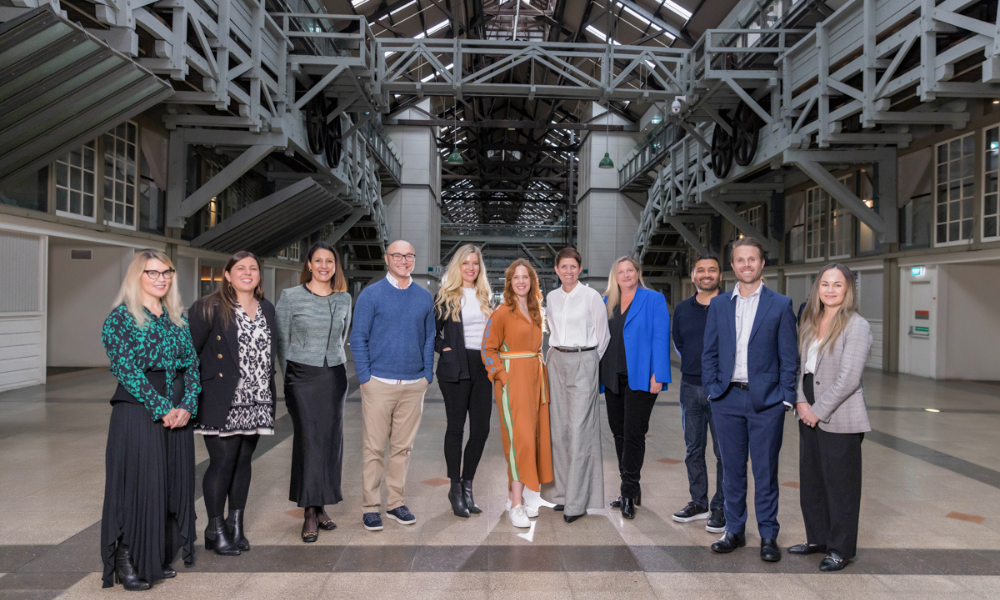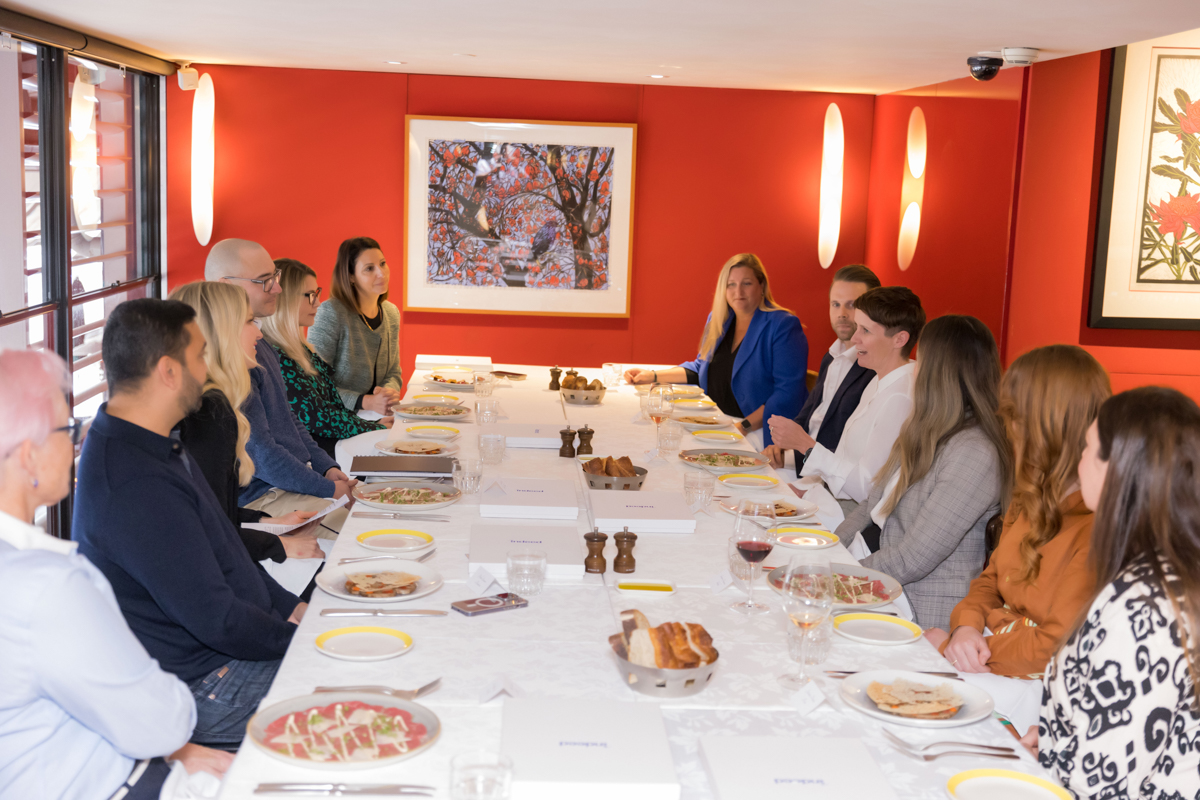
There are many barriers business leaders face when trying to implement diversity and inclusion initiatives

While 75% of employees believe it’s important that the organisation they work for values diversity, equity, inclusion and belonging, businesses don’t count it among their top priorities.
These findings come from a recent report by global hiring platform Indeed. The research found that diversity, inclusion and belonging was not a major priority for companies over the next 12 months and beyond.
“It was second to last of all business priorities,” Lauren Anderson, Indeed talent strategy advisor said. “Number one on the list… is mental health.”
Anderson discussed these findings during an afternoon roundtable in Woolloomooloo the last week of June. Hosted by Indeed, the roundtable gathered several HR leaders to discuss reasons why there is a gap between employee expectations of diversity and inclusion initiatives, and the execution by businesses.
Leaders reflected on some of their own initiatives – sharing what worked and what didn’t – and hoped to learn ways to be more inclusive without excluding others.
The challenges of implementing diversity initiatives
After providing a summary of Indeed’s research, Anderson asked the HR leaders to discuss reasons why they think businesses aren’t prioritising diversity, equity and inclusion initiatives.
The general consensus among attendees was that it was challenging.
One attendee said everyone has a different perspective of what a good initiative looks like. Another added that, “Throwing money… more money may not solve it” and to move the dial, you need to look at the company culture.
Another issue attendees noted was that the initiatives could be seen as exclusionary or may fail to support the specific group of people they are targeted for.
“There were a number of things that haven't landed for us because [the chair] said, ‘I don’t want people to feel like they're excluded’,” an attendee said.
Anderson mentioned another key finding from Indeed’s research, that many employees are critical about the current diversity and inclusion initiatives companies are offering.
“We also uncomfortably discovered that 42% of employees believe that the organisation they work for, their diversity inclusion processes or programs are purely lip service,” she said, adding that employees could see it as just a “buzzword” that a company uses.
This perspective could particularly happen if a company decides to organise a diversity and inclusion initiative solely on a celebratory occasion like Harmony week. It could end up being viewed as tokenistic.
Creating a more inclusive environment
Nearly one in five Australians reported having first-hand experience of being discriminated against in the workplace, according to Indeed. And marginalised communities, such as First Nations people or people with a disability, are more likely to face discrimination than other employees.
And workers who feared being discriminated against have concealed part of their identity in the workplace. Almost one in five Australian workers hide part of their identity at work all the time, a 17% increase from 2020.
“There can be a bit of confusion around what it means to bring your true self to work in terms of the identifiers,” Anderson said.
She explained that the research looked at factors including culture, religion, gender identity, age, caring responsibilities, criminal record or disability as elements that employees may not want to disclose for fear of negative consequences.

To help develop a more inclusive workplace, attendees believe in creating opportunities for workers to share their stories. One attendee added that they bring in guest speakers from outside their workforce to share their different perspectives and it has been “really valuable”.
While it is a challenge to implement diversity, equity and inclusion initiatives, Indeed believes having discussions like the ones at the roundtable are important conversations to have. And they hope their research can lead to positive change in the business landscape.
“As we’re producing research like our diversity, equity, inclusion and belonging report, I’m hoping to understand, through conversations like these roundtables, how we can make these reports more helpful and how we can produce research that actually is making an impact in businesses,” Anderson said.
Click here to read the full report - Championing change: Progress and opportunities for building inclusive workplace.